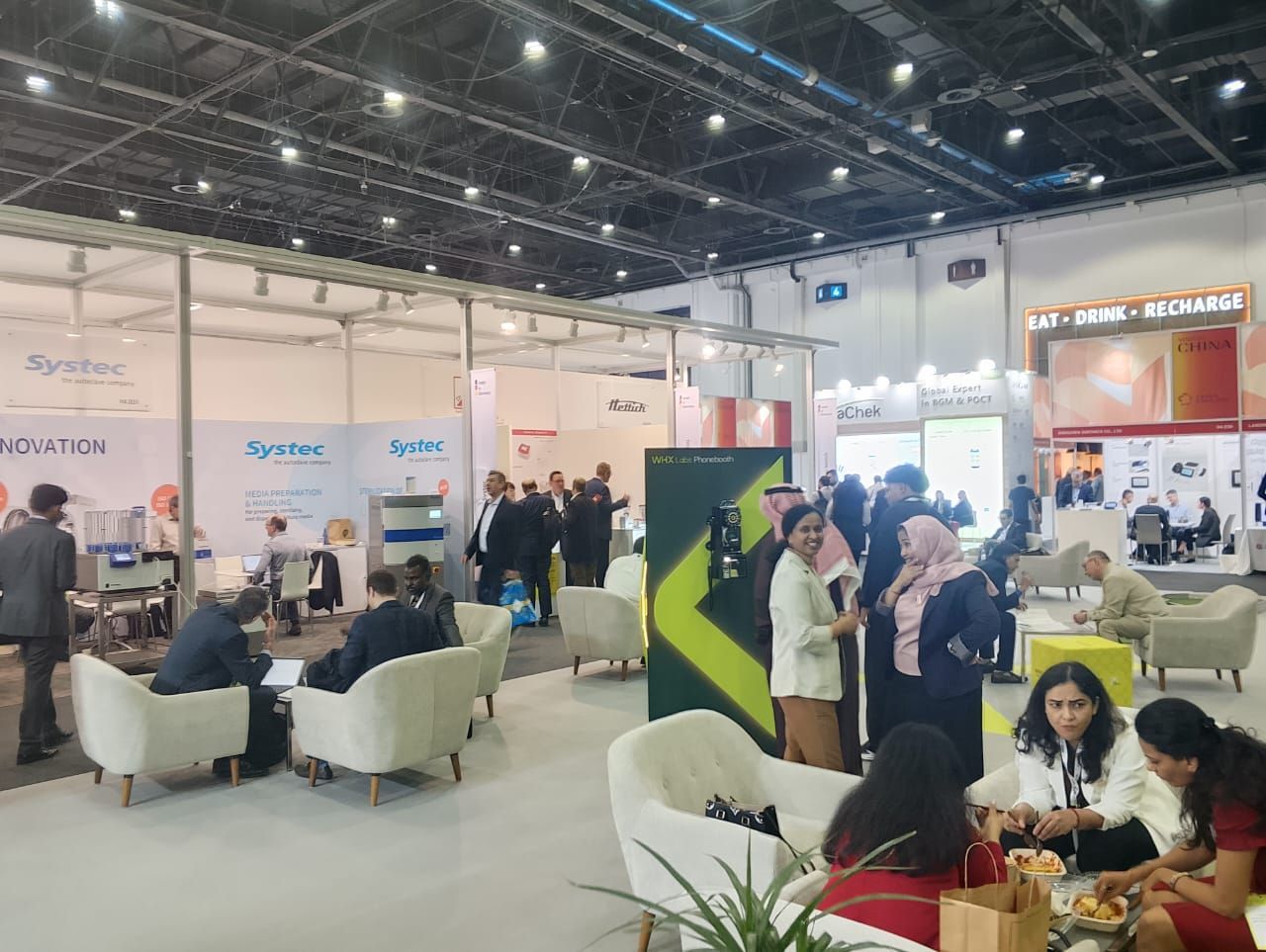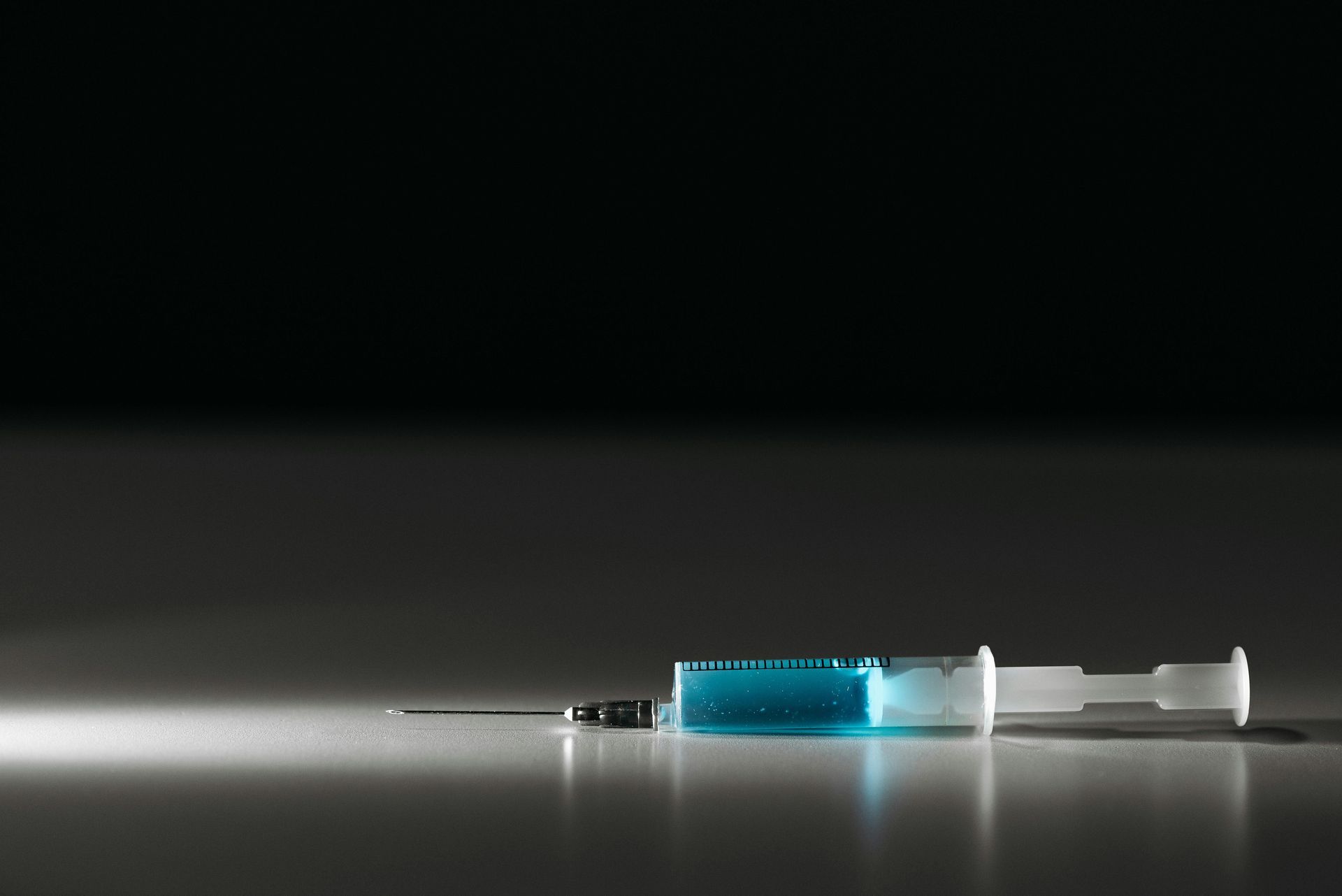Kidney Care Insights
When the kidneys are strained by conditions such as hypertension, diabetes, or chronic urinary tract infections, their capacity to filter waste and regulate fluids becomes compromised. This gradual deterioration can lead to chronic kidney disease (CKD), a silent but progressive condition. As the kidneys lose function, harmful toxins remain in the bloodstream, fluids accumulate, and imbalances in electrolytes develop.
Dialysis becomes necessary when kidney function falls below approximately 10–15%.
There are two principal forms of dialysis: haemodialysis and peritoneal dialysis. Haemodialysis employs a specialised machine and artificial membrane to filter a patient’s blood, while peritoneal dialysis utilises the natural lining of the abdomen. Both require sterile environments and dependable medical equipment to ensure patient safety and effectiveness.
During haemodialysis, blood is drawn from the body, filtered, and returned—typically on a schedule of three sessions per week, each lasting about four hours. Peritoneal dialysis, by contrast, is performed daily at home, filling the abdomen with a catheter-delivered solution that absorbs waste over hours before being drained.
From placement of vascular access—like an arteriovenous fistula—to maintenance of sterilisation, each step relies on trustworthy medical consumables. High-quality catheters, gels, and disinfectants play a vital role in reducing infection risk and promoting comfort. This is especially crucial in resource-limited settings, where reliable distribution of such products remains a challenge.
For healthcare professionals, understanding both the medical and logistical intricacies of dialysis enhances patient outcomes. By pairing clinical expertise with consistent access to quality supplies, the goal of improving kidney care becomes more achievable and sustainable.
For more clinical-grade solutions, visit www.nrmeds.com.
#RenalCare #DialysisInGhana #KidneyHealth #MedicalProfessionals #HealthcareQuality #ClinicalSupplies










